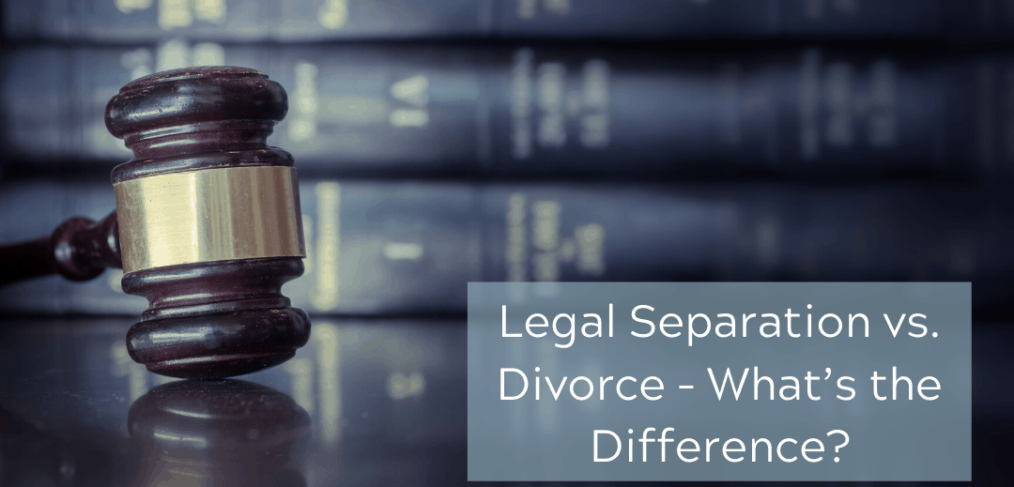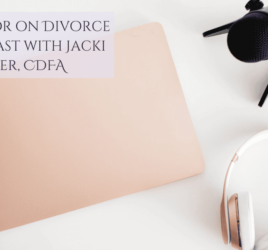
Legal Separation vs. Divorce – What’s the Difference?
Legal separation and divorce are two terms that seem to have a negative connotation in society, yet they hold different legal status. The information below will help provide some insight into the different processes.
DIVORCE:
If a person or a couple decide to get a divorce a judge will become involved and will make the final decision to grant a request of divorce/dissolution of marriage.
There are three basic types of divorce: “fault”, “no fault” and summary divorce.
“Fault” divorce states various grounds for the divorce, where as “No Fault” divorce states no grounds. And a summary divorce is when the couple meets certain criteria of eligibility for divorce.
Some of the issues that can be decided in a divorce judgment include:
- The reason for divorce
- Child custody/support/visitation
- Asset division
- Alimony
- Property division
- Who gets the marital home
- Division of debts
- Name change
- And possibly an order of protection from abuse if needed.
Divorce can also differ when it comes to child custody. If you do not understand the divorce process you may assume that issues regarding children will be addressed when a marriage is dissolved, but that is not true. The same court that finalizes a divorce serves as the court of continuing jurisdiction for permanent child custody, child visitation and establishment of child support.
LEGAL SEPARATION:
Legal separation is a formal separation for legally married couples. It is also a legal process that has to be granted by court order.
Not everyone agrees in the dissolution of marriage for moral or religious reasons. Legal separation provides an alternative to divorce in this instance. Both parties usually live apart and separate finances without getting a divorce.
Court order of legal separation will also serve as a legal document to outline any temporary arrangement of care, custody and financial support of the children.
Legal separation does not automatically lead to divorce. The couple might decide to reconcile, in which case they do not have to do anything in order to continue their marriage. However, if the couple does not reconcile, and they wish to proceed with a divorce, they must go back and file for divorce.
No two people or relationships are the same. If you are interested in getting a divorce or legal separation seek legal counsel to know your rights.
Written By: Jamacia Magee, Rust Built, Marketing Services
Rachel Frawley
Latest posts by Rachel Frawley (see all)
- D.A.W.N.: A Women-Led Family Law Firm - June 30, 2025
- Divorce 101 Webinar Available Now - June 27, 2025
- Kelsey Minor on Divorce Rich Podcast with Jacki Roessler, CDFA - June 24, 2025



